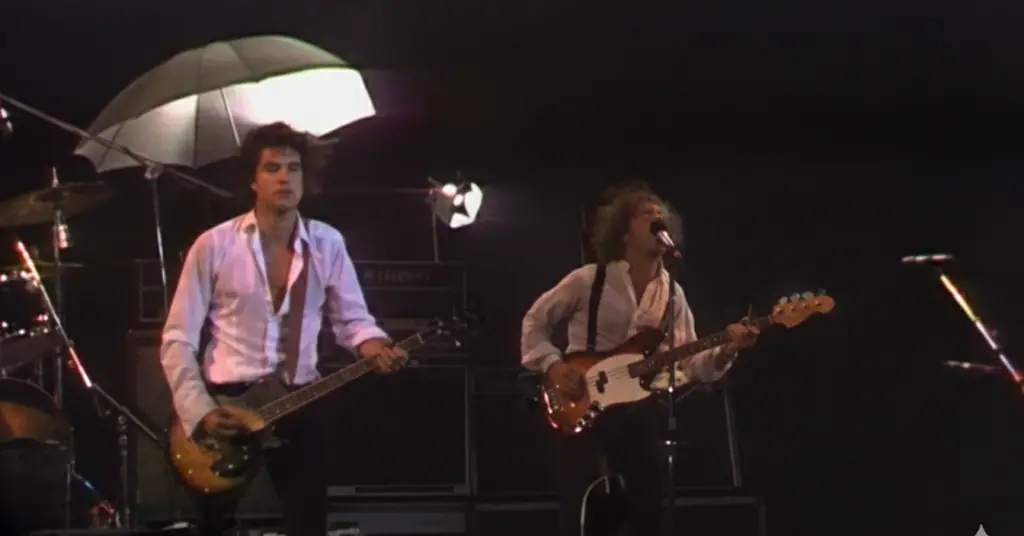The Kinks’ Victoria: A Rocking Anthem with a Wink
Discovering Victoria for the First Time
I’ll never forget the first time I dropped the needle on The Kinks’ Arthur (Or the Decline and Fall of the British Empire). The record sleeve was battered, the vinyl hissed with scratches, but the moment “Victoria” blasted through my speakers, I was hooked. It felt like I’d stumbled into some rowdy pub singalong — guitars charging forward, drums pounding like a marching band — but with that sly Kinks humor woven right in.

If you’re a longtime fan, you know what I mean. The Kinks never just handed you a song; they gave you a story, a commentary, and sometimes a punchline hidden in plain sight.
The Satire Hiding in Plain Sight
On the surface, “Victoria” sounds like an over-the-top ode to Britain’s glory days under Queen Victoria. Lines about freedom, empire, and “land of hope and glory” practically beg you to pump your fist in pride.
But Ray Davies was no flag-waver. This is satire through and through. He’s poking fun at nostalgia, at blind patriotism, at the idea that the past was all shining glory. The genius is that he wrapped it in a tune so catchy, you can’t help but belt it out — even while laughing at the absurdity of it all.
That’s The Kinks at their best: you’re dancing, you’re grinning, and you’re also thinking.
Britain in 1969: The Perfect Backdrop
Context matters here. The late 1960s weren’t exactly a moment of British triumph. The empire was shrinking, the country was wrestling with its identity, and younger generations were questioning everything their parents held dear.
Ray Davies took all that and turned it into Arthur, a concept album that followed the life of a working-class man in postwar Britain. “Victoria” kicks off the whole story with a bang — ironic patriotism disguised as a pub anthem. It’s like being invited to a party, only to realize halfway through the host is making fun of the decorations.
A Fan’s Live Experience
I was lucky enough to catch The Kinks live — well, later-era Kinks, but close enough. And when they launched into “Victoria,” the whole crowd lit up. People shouted the chorus with the gusto of a football chant, beers sloshing, voices cracking. But there was always that knowing grin in the room. Everyone knew the song wasn’t quite what it seemed. It was joy and parody wrapped into one glorious racket.
For me, that night sealed it: “Victoria” wasn’t just another track from the ’60s. It was proof that rock could be clever, biting, and hilarious — without losing its punch.
Legacy and Covers
Even though Arthur didn’t tear up the charts, “Victoria” carved out a life of its own. Critics loved it, fans cherished it, and in 1987 The Fall even brought it back into the spotlight with their own cover. That’s the mark of a great song — it can survive generations, interpretations, and still feel fresh.
Why Victoria Still Matters
More than 50 years later, “Victoria” is still a thrill. It’s part singalong, part satire, part time capsule of late-’60s Britain. And for fans like me, it’s a reminder of why The Kinks deserve to stand shoulder to shoulder with The Beatles and The Stones — maybe even a step ahead, if you value wit as much as riffs.
So next time you spin “Victoria,” let yourself laugh, sing, and think all at once. That’s the magic of The Kinks. They give you rock and roll with a wink, and it never gets old.

More than 50 years after its release, the song still feels relevant — a reminder of how music can simultaneously entertain and provoke thought. With “Victoria,” The Kinks proved once again that they weren’t just writing catchy tunes; they were chronicling the cultural soul of Britain with wit, irony, and unflinching honesty.


Facebook Comments